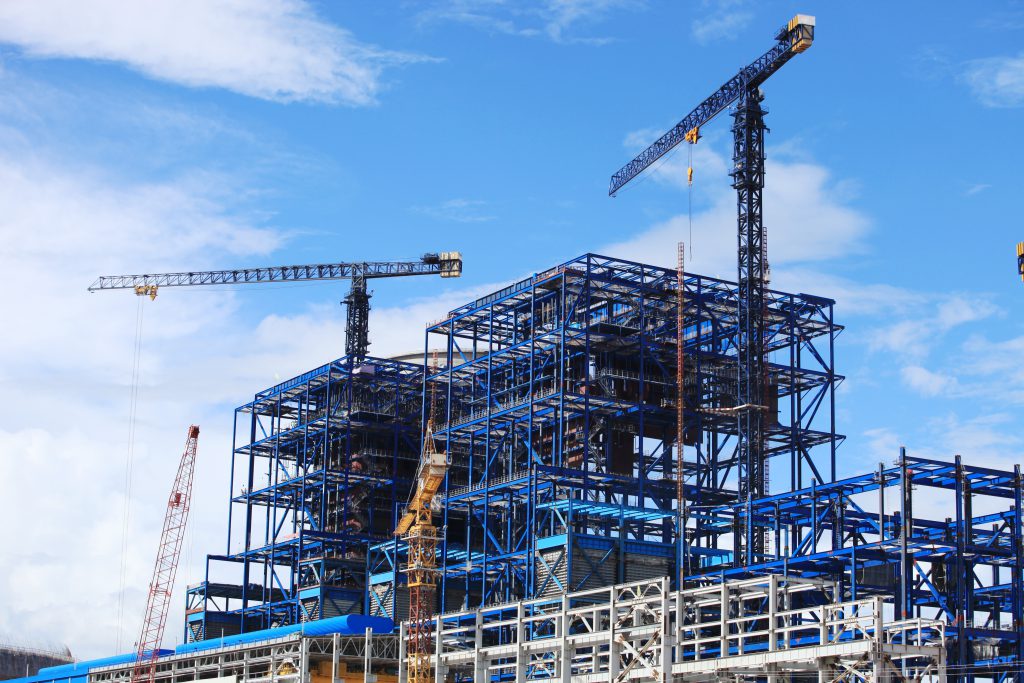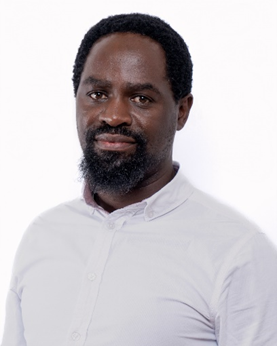Infrastructure
Rebuilding SA’s Infrastructure Industry
South Africa has in the past decade or so experienced some of its highest levels of spending on infrastructure projects, in the form of the Gautrain rapid rail project and various mega thermal and renewable power projects, as well as road and stadium infrastructure linked to the 2010 FIFA World Cup.
Billions of rand have flowed into South Africa’s infrastructure economy as a result of these mega projects touching all sectors through the various supply tiers. The spend has played a huge role in driving the local economy and bolstering the employment that goes along with this, suggests Rob Morson, a partner at Johannesburg law firm Pinsent Masons and a visiting senior lecturer at the Wits School of Construction Economics and Management.
“These projects result in direct and indirect employment in everything from engineering and project management, construction and fabrication, to related supplies such as information technology, accommodation, catering, and transport, insurance and professional services. The procurement on these mega projects has, however, largely come to an end, leaving a vacuum that has hit the economy hard. We have a labour-intensive infrastructure economy which needs a predictable and constant pipeline of significant projects to at least keep it afloat, if not prospering,” he says.
“The local economy has relied on, and indeed been dependent on, this spend for many years. To a large extent opportunities in the broader African market (which is often regarded as more risky) have been neglected, with South African ventures into the continent having been more sporadic than focused.
“There is a definite need in Africa for the kind of services many South African firms can provide,” continues Morson, “with this need currently being met by foreign companies, notably from China and Europe.”
“Sub-Saharan Africa’s infrastructure spend between now and 2030 is forecast at some $4-trillion across airport, electricity, port, rail, road, telecoms and water, all of which are required in varying degrees across the continent, and South African firms should be aiming to get their share,” adds George Sibanda, also a partner at Pinsent Masons.
“Just as the nature of infrastructure is varied, so are the opportunities,” he adds. “For example, South Africa now has an abundance of graduates with quantity surveying and engineering degrees who will struggle to complete the practical side of their qualifications without available project opportunities in South Africa. African government-sponsored initiatives towards using graduate professionals from Africa on African projects would serve to create jobs and provide valuable experience for unemployed and under-utilised graduates.”
Morson suggests that a combination of government and private sector initiatives to sponsor project development costs locally and north of our border; broad cooperation to develop Africa-wide local content initiatives; and a credible public sector medium- and long-term mega-project pipeline, would create a level of stability and predictability craved by local and international infrastructure developers, suppliers and lenders, and help fill some of the current void.
“A stable, predictable and credible project pipeline is an absolute must if the infrastructure sector is to generate significant local job creation in the future,” adds Sibanda. “It is critical for government to clearly plan and outline how it intends to drive its long-term infrastructure roll-outs. Of course, this long-term approach also demands a proper marriage between the three levels of government and the private sector if it is to flourish. We need significant commitment and investment from both sides to develop this pipeline, and so far all the right noises are being made by the various parties, so the potential is clearly there.”
“Although infrastructure needs and commitments are inevitably linked to political cycles, major infrastructure planning and delivery (which is typically planned over 30- to 50-year cycles) would benefit from being divorced from the government of the day. Many countries are considering or mooting the concept of an independent infrastructure institution which transcends political cycles,” notes Morson. He suggests that far greater stability and predictability can be achieved through long-term planning and implementation instead of five-year elective cycles.
“It’s a controversial approach, with many factors to be considered, but the need to at least debate such an approach for South Africa is self-evident,” he says. “The future success of South Africa’s infrastructure economy (if not its very existence at this stage) depends on the country rethinking how it procures and delivers infrastructure, the opportunities that are available to fund it and how it leverages the significant available capacity and resources for projects in South Africa and elsewhere in Africa. We need credible interim and long-term solutions if we want to stem the tide of loss being inflicted on the many legitimate large and small businesses which have depended on infrastructure spend for many years, and which have been left searching for ways to survive in the mega-project vacuum.”







 Sign-up and receive the Business Media MAGS newsletter OR SA Mining newsletter straight to your inbox.
Sign-up and receive the Business Media MAGS newsletter OR SA Mining newsletter straight to your inbox.